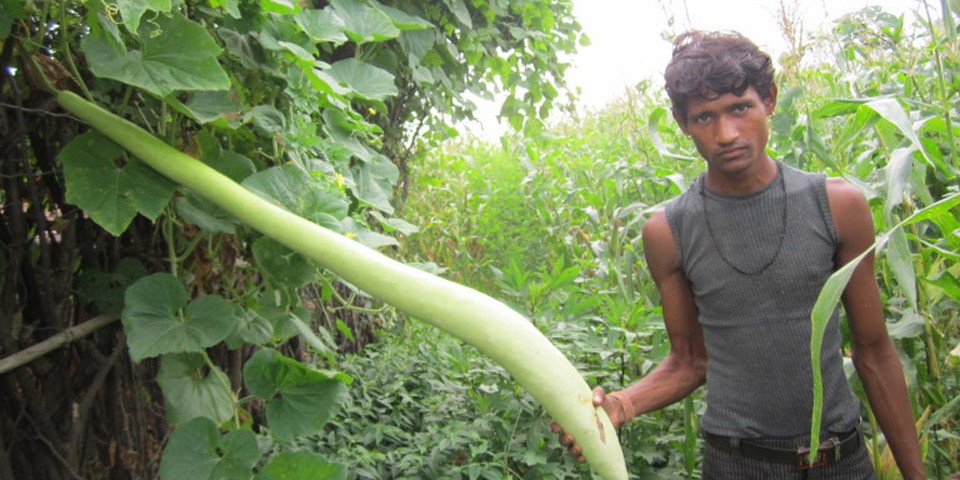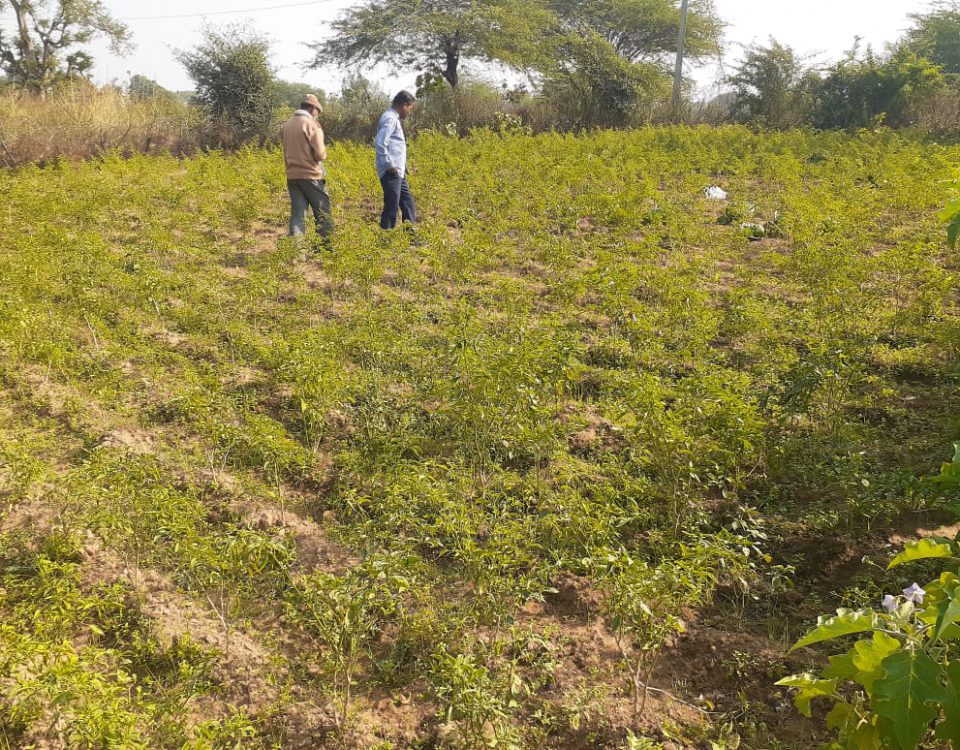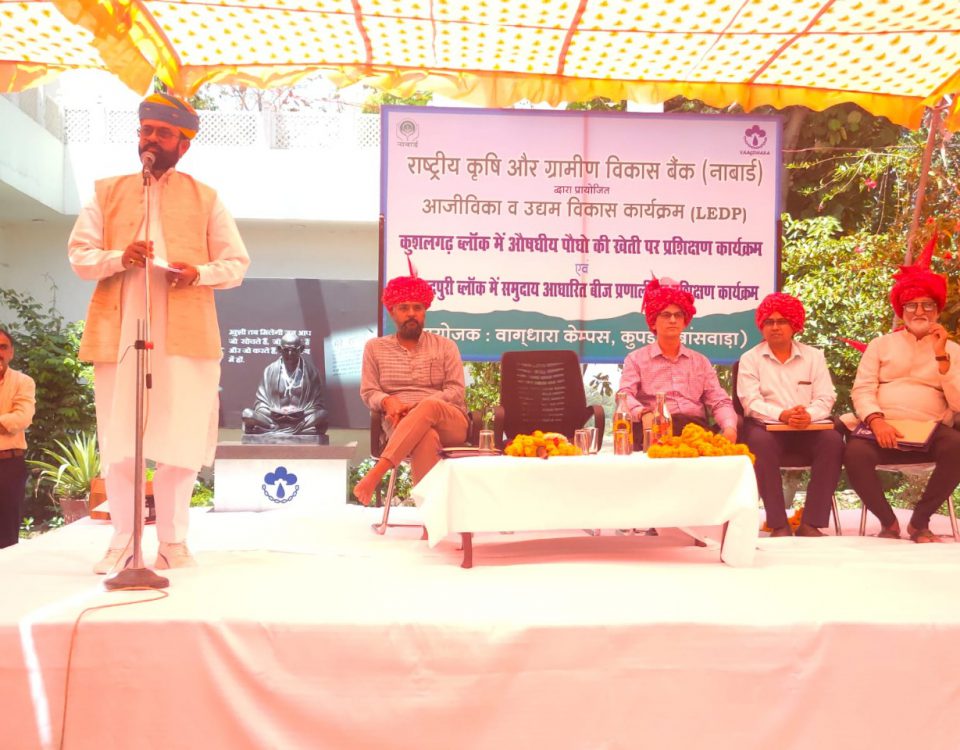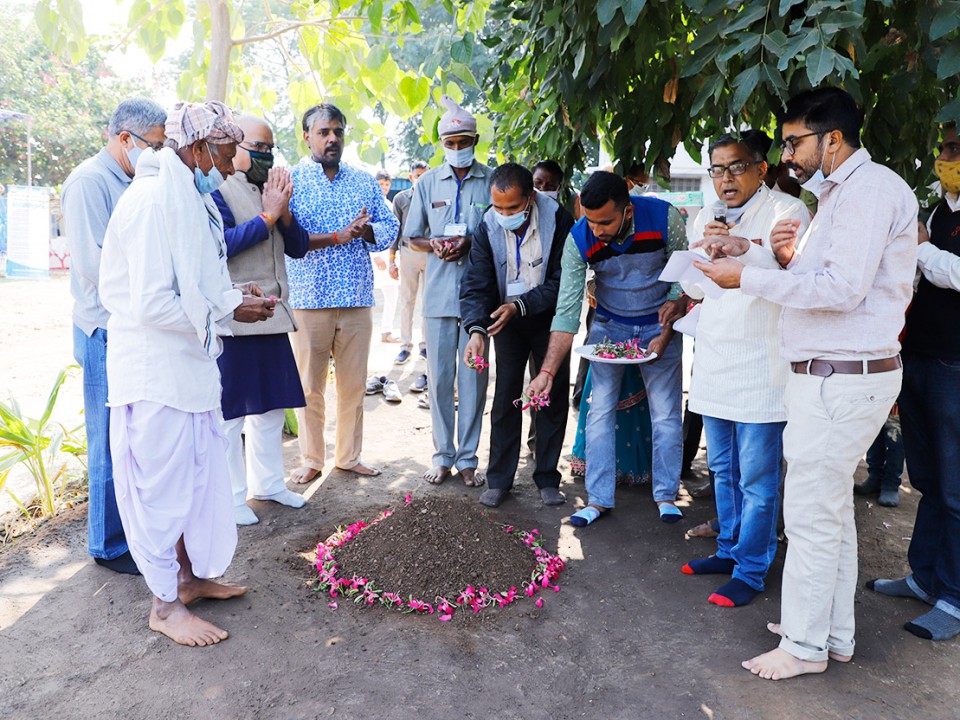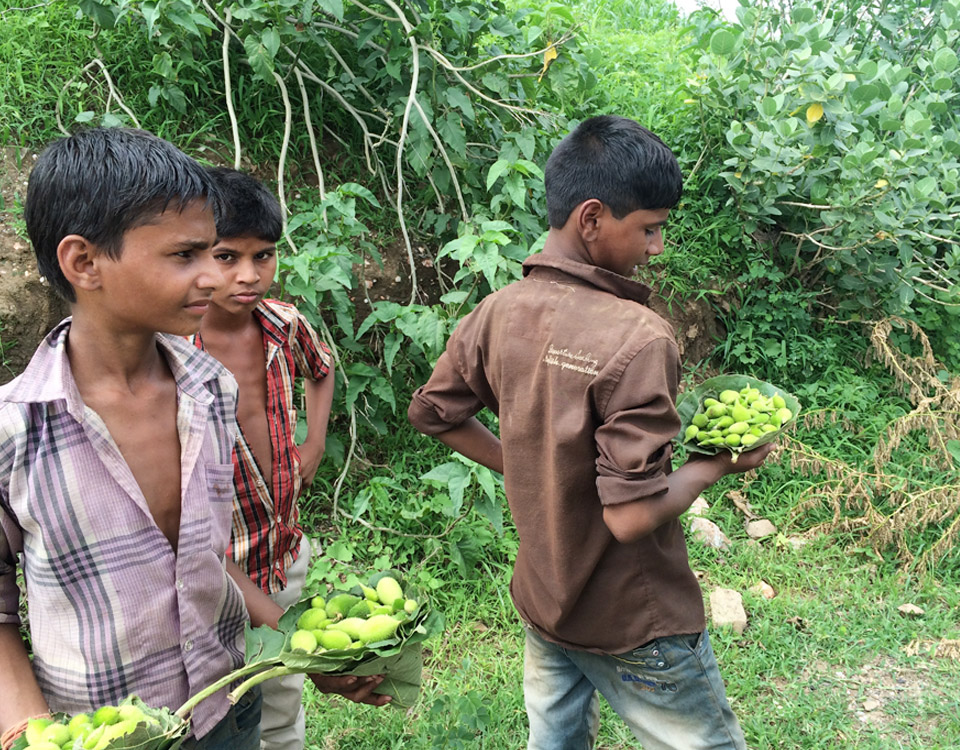
Vaagdhara asks for a sturdier Child Labour (Prohibition and Regulation) Amendment Act
September 13, 2016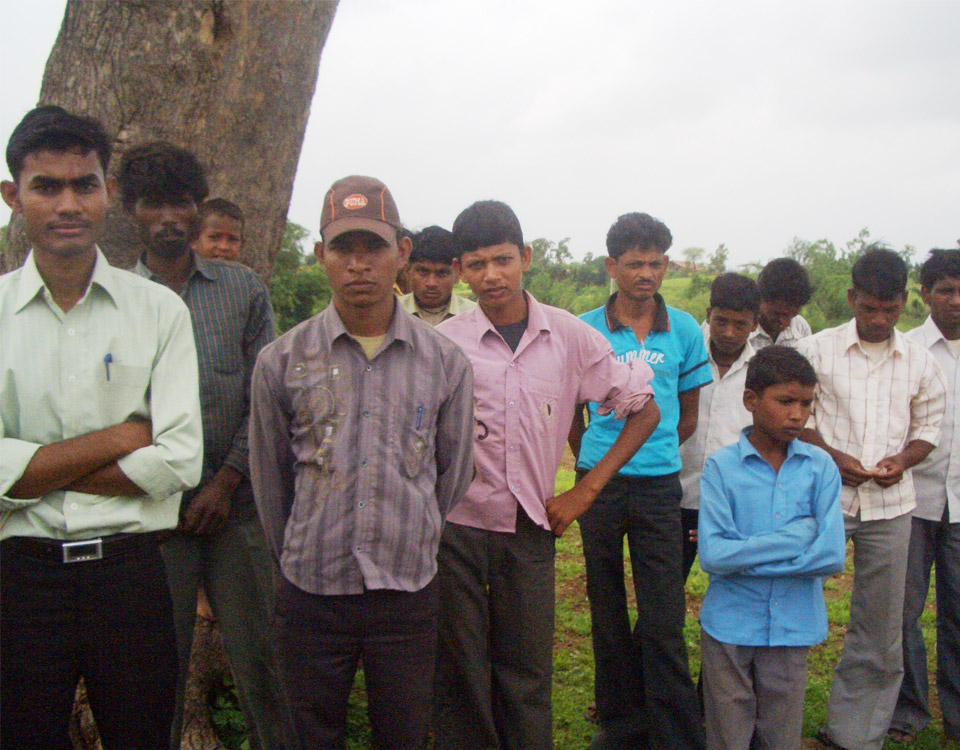
8.4 Crore kids in India still don�t attend school � Vaagdhara helps in mainstreaming the drop outs
September 25, 2016How Vaagdhara sees the signing of MoU between Water & agriculture ministries to promote organic farming and sustainable livelihoods
Yesterday, the Union Water Resources Ministry signed an MoU with the Agriculture Ministry, for helping farmers of more than 5,000 villages along the Ganga to engage in organic farming. The major cause behind this initiative is to limit the pollution caused by chemical fertilizer-laden runoff in the river.
We — at Vaagdhara — highly appreciate this move by both the ministries, and see this a great step towards sustainable livelihood opportunities and natural farming. Vaagdhara has been endorsing livelihood improvement and Food and Nutrition security, through various processes including Sustainable Integrated Farming System-SIFS, Nutrition Sensitive Farming Systems, Horticulture Development, Micro Finance and policy advocacy for realization of people�s right to Livelihood with approximately 17,000 farm families.
It is notable that organic agriculture occupies only 1% of the global agricultural land, making it a relatively unused resource for one of the greatest challenges the world is facing today – producing enough food for billions of people without deforestation and extensive destruction of the environment.
Organic farming leads to the production of equally or more nutritious foods that comprise of less or no chemical fertilizer residues, and provide superior social benefits than their typical equivalents. With this form of agriculture, environmental costs tend to be down and the benefits rise up.
We actively work in the tribal region of Rajasthan with the motive of promoting sustainable livelihoods in the tribal regions of Banswara. And, in order to preserve natural resources and sustain traditional practices, VAAGDHARA conducts investigation and planning of the local resources of community for their optimum utilization.
Natural farming can both feed the world and preserve forest, and help curb biodiversity loss, ecological degradation and severe impacts on the overall ecosystem. Such scaling up of organic agriculture with apposite public policies and private investment is an imperative step for international food and ecosystem security.
With the signing of this MoU, the agriculture minister says that the government looks forward to train 15000 farmers in organic farming. However, the success rests largely on the involvement of other ministries, state governments and local communities. While Vaagdhara has a natural desire to support our local communities, the organization hopes to see a better tomorrow as such initiatives from the government bodies come with an assortment of sustainability benefits.
Subscribe to our newsletter!


